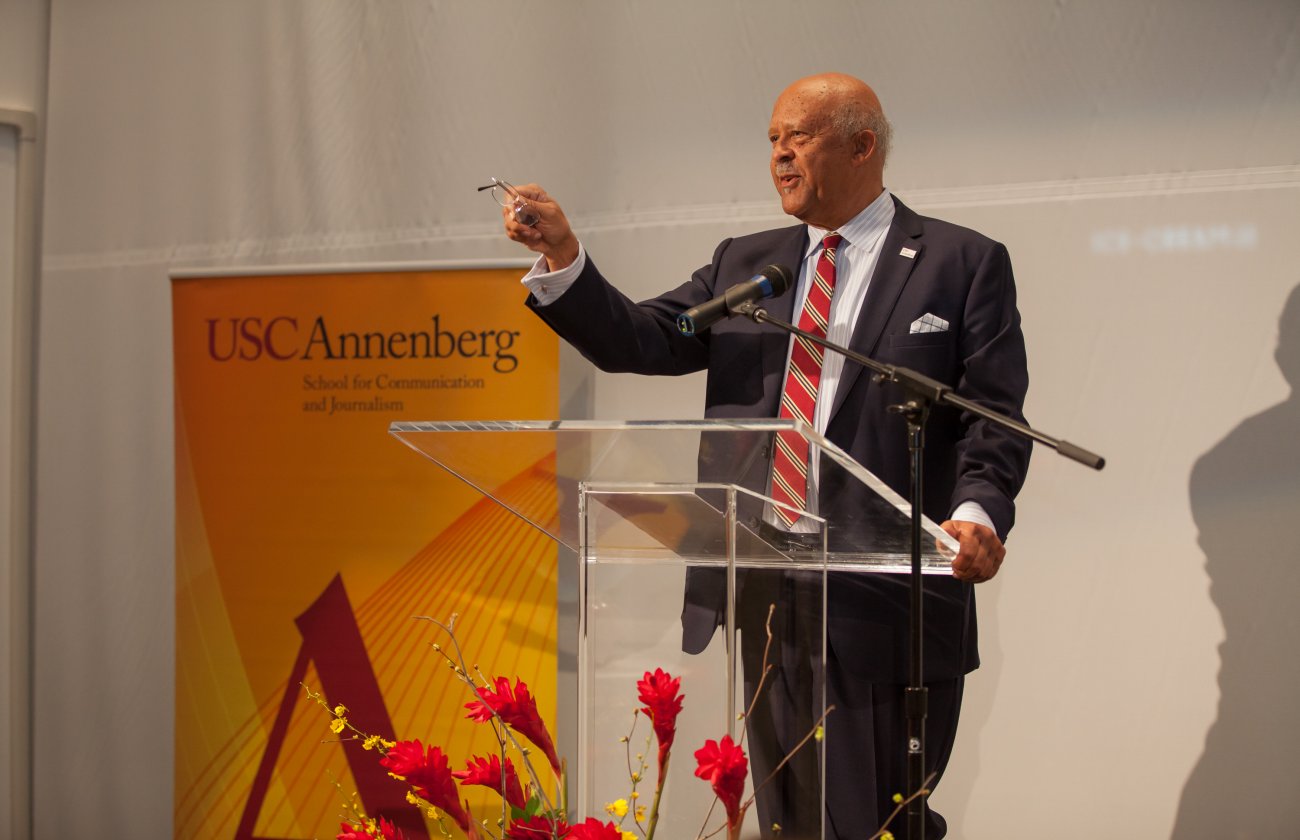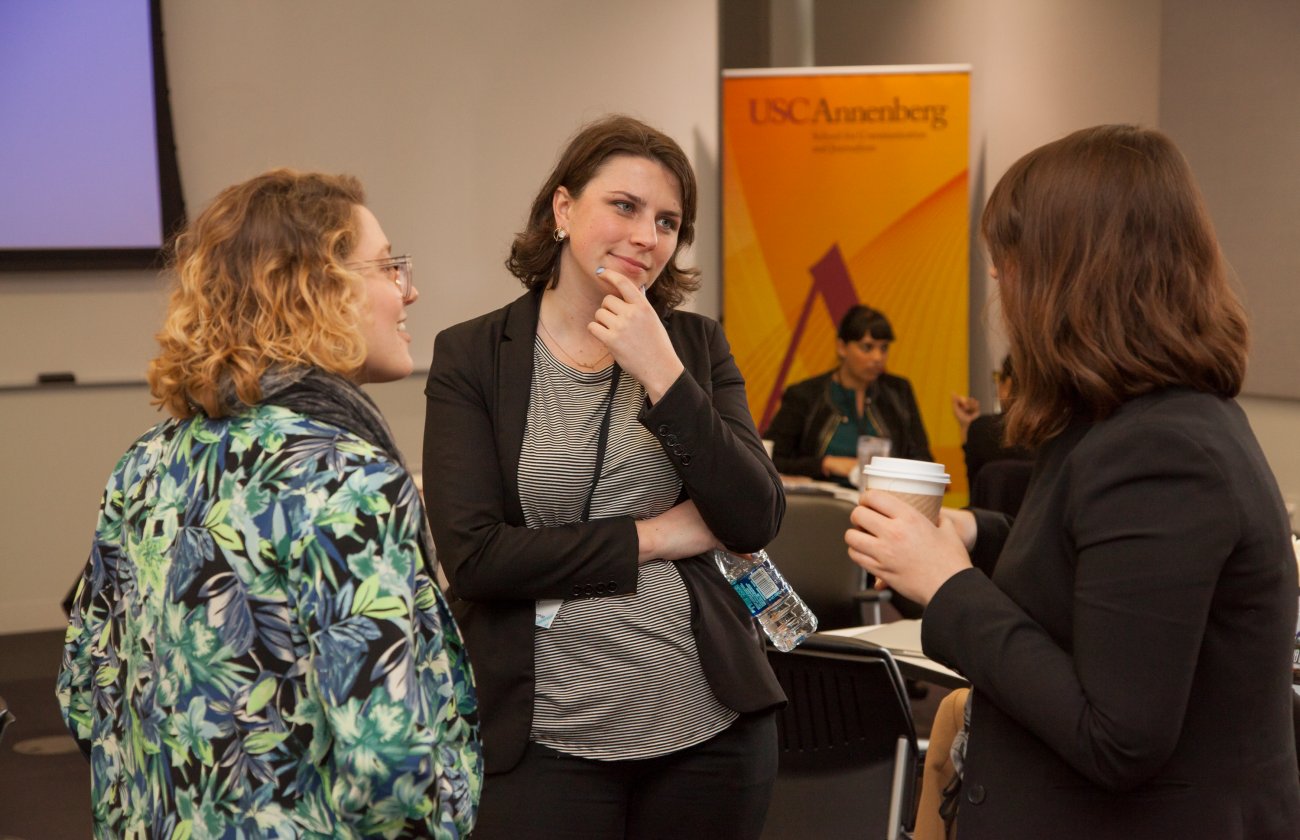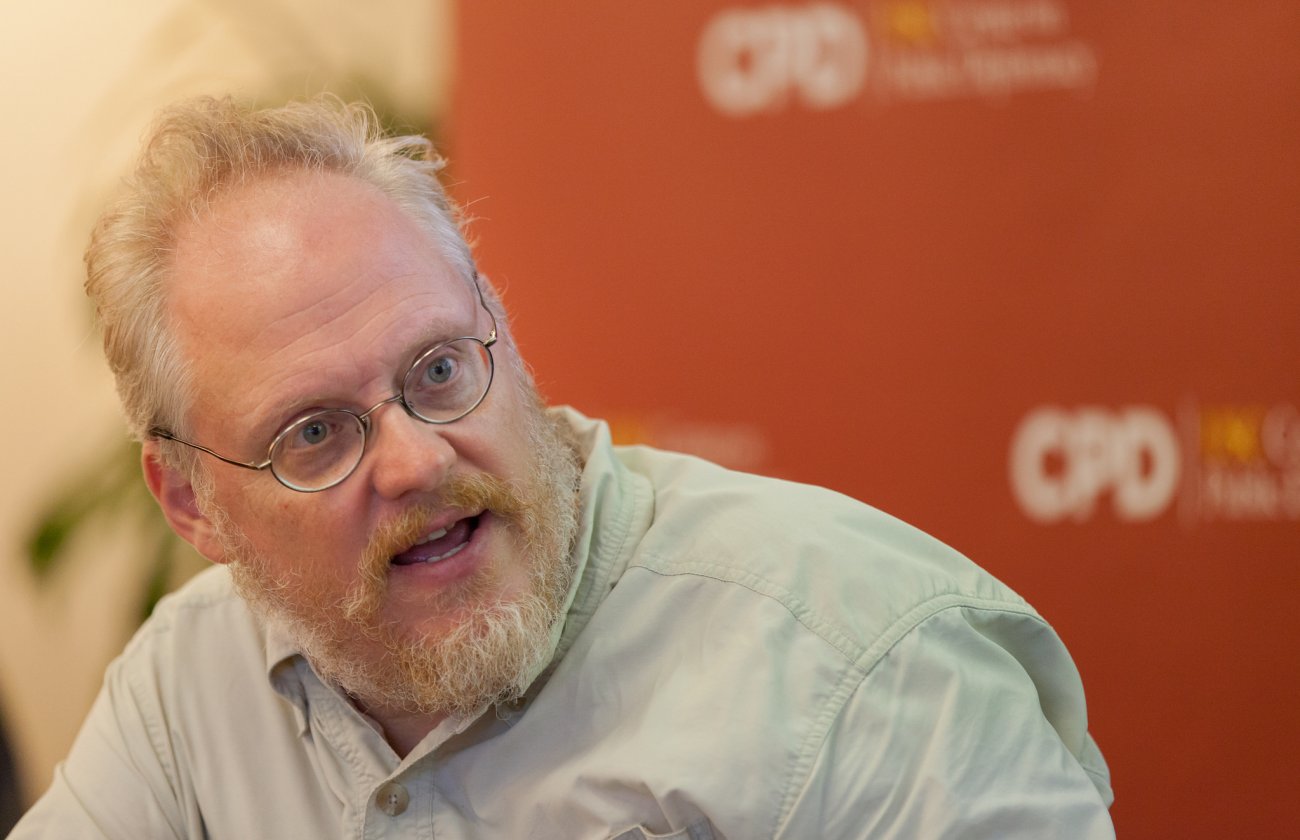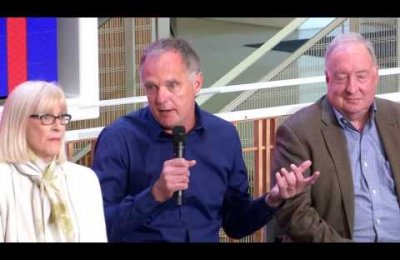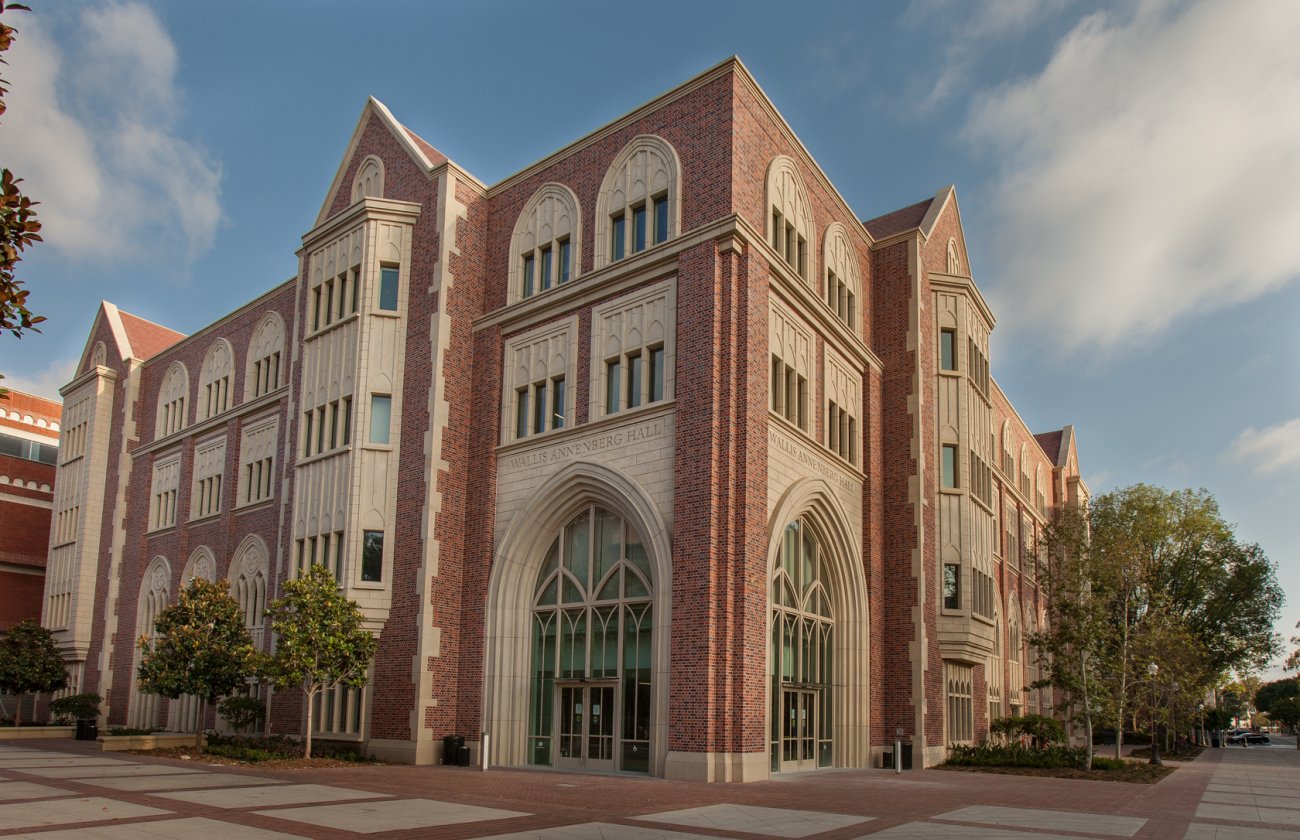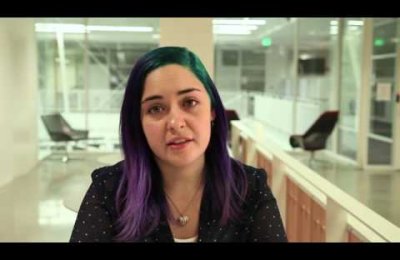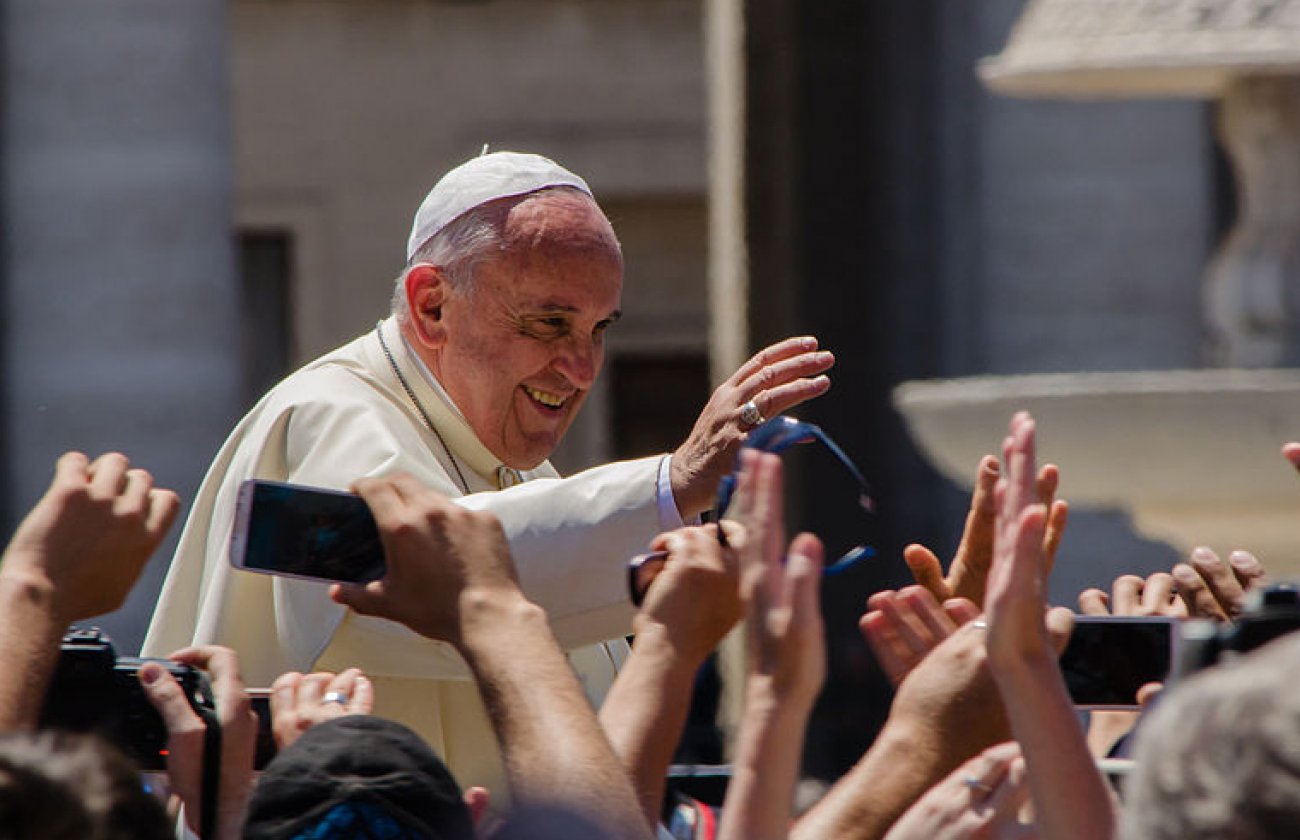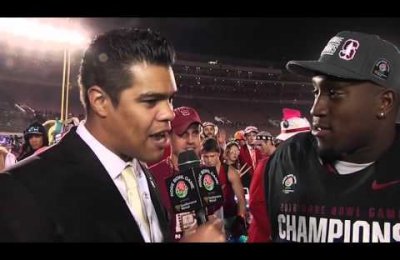By Molly Gray
Student Writer
As America becomes more and more diverse, has it also become post-racial in its political and social structure?
That’s what documentary maker Philip Rodriguez set out to discover with his documentary “Race 2012” that premiers Tuesday, Oct. 16 on PBS.
Rodriguez, a USC Annenberg visiting fellow, traveled all around the country asking people whether or not race still plays a significant role in how they view politics.
About 60 USC Annenberg students and faculty attended a sneak preview Thursday night to view the hour-long documentary. The documentary also represented the launch of the USC Annenberg School’s Diversity Initiative, a multi-layered approach to life at the school that includes curriculum enhancements, a broader range of programs and greater efforts to recruit students, staff and faculty of color. The Diversity Initiative also supports a wide range of activities at USC Annenberg, including the screening of Rodriguez’s work that has long looked at race and class in America.
Rodriguez’s last film, called Latinos ’08, examined the discourse of Latinos during President Barack Obama’s campaign.
“Obama as a symbol has moved us somewhere,” Rodriguez said in a question-and-answer session with journalism professor and award-winning journalist Judy Muller after the screening. “But it’s hard to know where or how far.”
The film started with a segment about the idea of “Whitopia,” the phenomenon in which Caucasian Americans are becoming concentrated in white pockets around the country because of the urbanization and diversification of the country’s large cities.
Rich Benjamin, author of “Searching for Whitopia,” described his journey as a young black man stepping foot into these pockets of white America.
“Generally, everyone was very, very nice to me,” he said in the segment. “But then again, I had shorter hair in my Whitopia days.”
Benjamin described a fear that has paralyzed a faction of American whites — the feeling that they are losing their country to a “browning” society.
“If the American dream is broken, they take that to mean that whiteness is broken,” he said, because America was built by whites.
During the discussion after the film, audience members probed Rodriguez about what causes that fear and whether or not there is any weight to the idea — after all, by 2050 there is projected to be more people of color in the United States than there are whites.
“White backlash is bigger than any one issue,” Rodriguez explained. “It’s a difficult issue, but if one tribe (Caucasians) has 20 times the wealth of any other tribe that’s a huge impact.”
The fact that whites have the lion’s share of the country’s wealth and power but could be slowly losing it to growing ethnic groups actually made producing the documentary for PBS a risky move, Rodriguez said.
“This film challenges the core audience of PBS. It doesn’t offer up conventional wisdom, civil war,” he said. “This defines whiteness…it’s a different type of politics.”
But he also wanted to make clear that the film was not an attack on whites, but rather an analysis of race as a whole — white being just another category.
“Whiteness shouldn’t be a taboo,” said the filmmaker, who by his own admission grew up in a predominately white neighborhood. “Whites built this thing,” he said, playing off of the Republican Party’s recent slogan.
Inarguably, one the biggest flags in race and politics was the 2008 election of President Barack Obama, who himself represents a fascinating case study of race.
Obama’s mother was white and he was raised by his white grandparents while attending private schools and playing with white children.
The documentary made it clear that the Democratic Party has done a good job at portraying itself as the humanitarian party for immigrants, while Republicans almost always refuse to discuss race.
“Republicans were allergic to the conversation,” Rodriguez said.
However, prominent black Republican Michael Steele, former chairman of the Republican National Committee, did play a large role in the discussion.
When President Obama was elected, it was a huge statement for African Americans and minorities. As the documentary explores, though, at the same time America was welcoming its first black first family, urban America was falling into its worst standing ever.
“We still don’t have any urban policy,” said one commentator in the film.
But urban policy affects more than just African Americans. It also affects Latinos, which are one of the fastest-growing minority groups, which begged the question about whether the race climate will be shifted.
“It’s inevitable that Latinos are going to push more power and that’s going to be at the hands of blacks,” Rodriguez said. “(The two groups) could have shared interests, but there could also be antagonism.”
For now, one thing is clear: race and ethnicity still play a vital role in politics and likely will for many years to come.
“Race 2012” premiers Tuesday, Oct. 16. Check www.pbs.org for local times.


